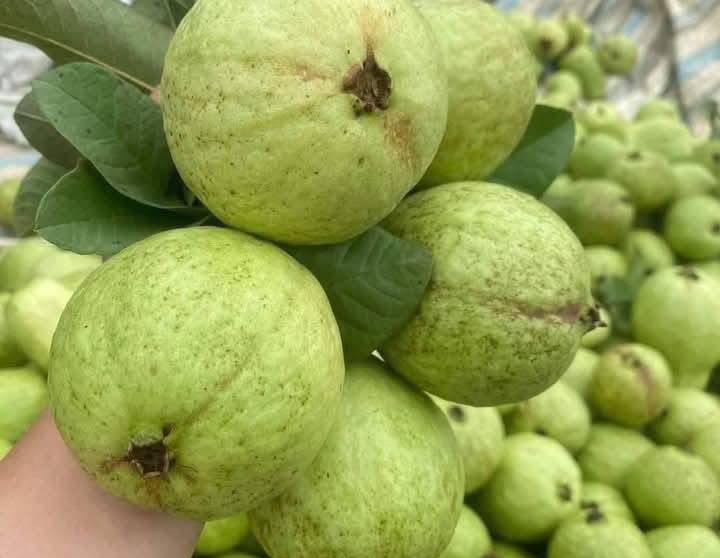
According to Associate Professor Nguyen Trong Hung (National Institute of Nutrition), every 100 grams of guava provides about 33 kcal, 0.6 grams of protein, 7.7 grams of glucid and 1.5 times more vitamin C than oranges. Vitamin C not only promotes wound healing, supports iron absorption but also strengthens the immune system, helping the body fight pathogens.
In addition, guava also contains vitamin B6, along with minerals such as iron, zinc, calcium, and magnesium, contributing to maintaining overall health.
Cancer Prevention: Guava contains powerful antioxidants such as lycopene, quercetin, vitamin C and polyphenols. These compounds help neutralize free radicals - the cause of cell damage and promote the growth of cancer cells. Research shows that regular consumption of guava can reduce the risk of certain types of cancer, especially breast and thyroid cancer.
Support the digestive system: With abundant soluble and insoluble fiber content, guava is an ideal "friend" of the intestines. Fiber helps improve intestinal motility, prevent constipation and support healthy intestinal microflora. Guava peel contains tannin, which has the effect of tightening the intestinal mucosa, reducing secretions and antibacterial, thereby supporting the treatment of diarrhea and digestive disorders.
Blood sugar control: Guava is a great choice for diabetics thanks to its low glycemic index. This fruit does not cause a spike in blood sugar levels, and fiber helps regulate sugar absorption. Therefore, diabetics should add guava to their daily diet to effectively control the disease.
Boost immunity: A guava contains 4 times more vitamin C than an orange, which helps stimulate white blood cell production, increase resistance to infection and protect the body from common infectious diseases. Especially during epidemics, guava is an ideal food to strengthen the immune "shield".
Weight loss support: With low calorie content (33 kcal/100 grams, half that of grapes or longans), guava helps create a feeling of fullness quickly, reducing cravings. The lower sugar content compared to apples, oranges or grapes makes guava an ideal choice for those who are pursuing a healthy diet.
Cardiovascular protection: Physician Do Minh Tuan ( Hanoi Oriental Medicine Association) said that guava contains potassium, which helps maintain stable blood pressure and reduces the risk of cardiovascular disease. Antioxidants in guava also prevent atherosclerosis, clean blood vessels and regulate blood circulation. According to oriental medicine, guava has a sweet, astringent taste, neutral properties, helps stop diarrhea, reduce inflammation and replenish blood circulation.
Applications in Oriental medicine: Not only the fruit, the leaves, roots and bark of the guava tree are also valuable medicinal herbs. They have the effect of clearing heat, detoxifying, supporting the treatment of abdominal pain, diarrhea, eczema, ulcers or even bleeding due to trauma. Guava bark, with its high tannin content, is used as an antibacterial and anti-inflammatory agent.
To maximize the benefits, experts recommend eating one guava a day, preferably naturally ripened guava and keeping the skin intact to take advantage of the fiber and tannin. With its outstanding nutritional value and high applicability, guava deserves to be a "superfood" in a healthy diet, helping to protect health and improve quality of life.
VN (according to Vietnamnet)Source: https://baohaiduong.vn/oi-phong-chong-ung-thu-bao-ve-tim-mach-an-bao-nhieu-la-du-413507.html












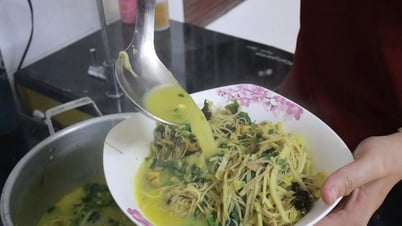
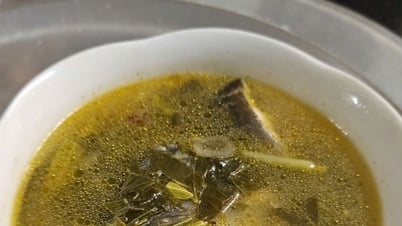







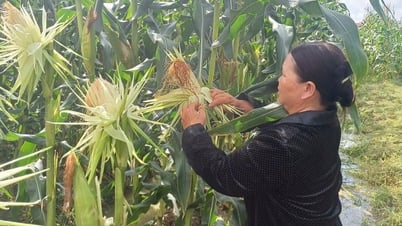





































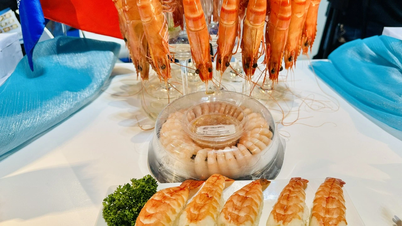

















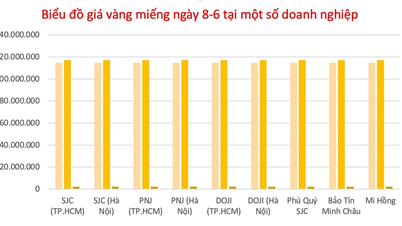








![[OCOP REVIEW] Tu Duyen Syrup - The essence of herbs from the mountains and forests of Nhu Thanh](https://vphoto.vietnam.vn/thumb/402x226/vietnam/resource/IMAGE/2025/6/5/58ca32fce4ec44039e444fbfae7e75ec)







Comment (0)